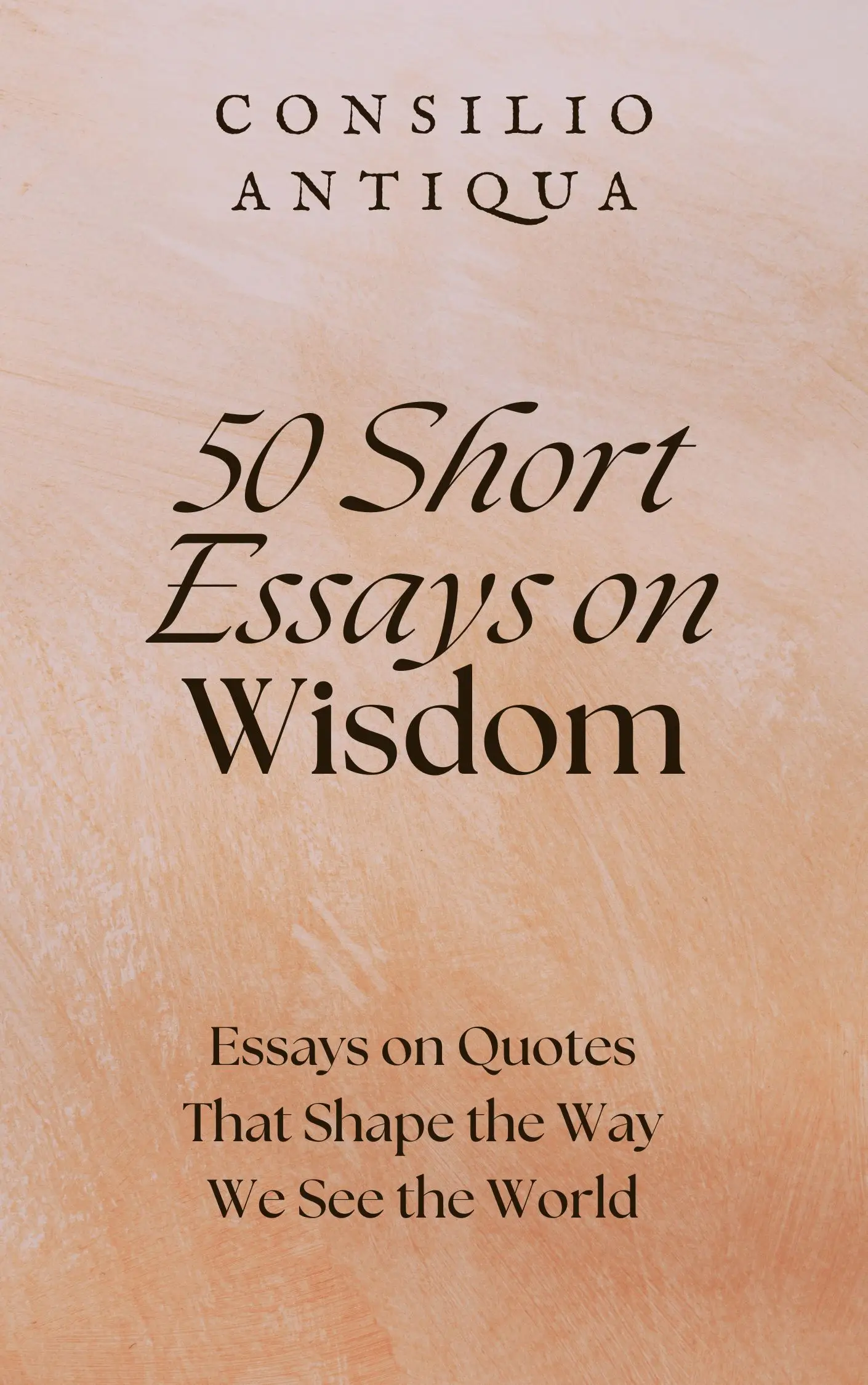
50 Short Essays on Wisdom | A Timeless Lesson in Anticipation
A Timeless Lesson in Anticipation
"Don't count your chickens before they hatch." - Aesop
The scent of freshly baked bread hung heavy in the air, a promise of warmth and satisfaction. Elias, a young baker renowned for his sourdough, had just perfected a new recipe, a complex symphony of flavors he was certain would be a masterpiece. He envisioned the accolades, the overflowing orders, the expansion of his small bakery into a thriving enterprise. He counted his chickens, so to speak, long before they had even hatched. But the reality, as it often does, proved far more nuanced. This essay explores the enduring wisdom of the proverb "Don't count your chickens before they hatch," examining its historical roots and its surprisingly relevant application to the complexities of modern life.
The proverb, attributed to Aesop, likely originated in ancient Greece, a society deeply connected to agriculture and the cyclical rhythms of nature. The image of chickens and their eggs serves as a potent metaphor for the unpredictable nature of life. A farmer who counts his future profits based solely on the number of eggs in his henhouse risks disappointment; the eggs might not hatch, the chicks might die, or the market might shift. The proverb wasn't simply a practical farming adage; it reflected a deeper understanding of the inherent uncertainties that shape human experience. It served as a caution against hubris and the seductive allure of premature celebration.
At its heart, the proverb cautions against the dangers of unchecked anticipation. It's not about pessimism or a lack of ambition; rather, it's a call for grounded optimism, a recognition that the future is never fully guaranteed. The wisdom lies in appreciating the present moment, the process, the journey itself, rather than fixating solely on the anticipated outcome. It's a reminder that success is rarely linear, often involving setbacks, unexpected twists, and the need for adaptability. The enduring power of this simple proverb stems from its universal applicability—a timeless truth resonating across cultures and generations.
In our fast-paced, achievement-oriented world, the temptation to count our chickens before they hatch is perhaps stronger than ever. We set ambitious goals, visualize our successes, and often fall prey to the intoxicating allure of premature gratification. This can manifest in various aspects of life: a job promotion anticipated but not secured, a relationship blossoming but fraught with uncertainty, a creative project nearing completion but facing unforeseen challenges. The pressure to achieve, to project an image of success, can lead to disappointment and disillusionment when reality falls short of expectations. The proverb reminds us to cultivate patience, resilience, and a healthy dose of humility in the face of uncertainty.
How often do we allow our desires to overshadow the present moment? How often do we sacrifice the joy of the journey for the elusive promise of the destination? The proverb invites us to cultivate a more mindful approach to life, to appreciate the process of growth and learning, even amidst setbacks. It's a call to celebrate small victories along the way, to find satisfaction in the effort itself, and to approach the future with a balanced blend of hope and realistic expectation. Consider this: what are you currently anticipating? Are you allowing yourself to fully savor the present, or are you already counting your chickens?
The wisdom of "Don't count your chickens before they hatch" remains as relevant today as it was centuries ago. It's a gentle reminder that life's journey is rarely straightforward, and that true fulfillment often lies not in the attainment of our goals, but in the way we navigate the path towards them. Let us embrace the uncertainty, savor the present, and approach the future with a mindful heart, celebrating the journey as much as the destination.
